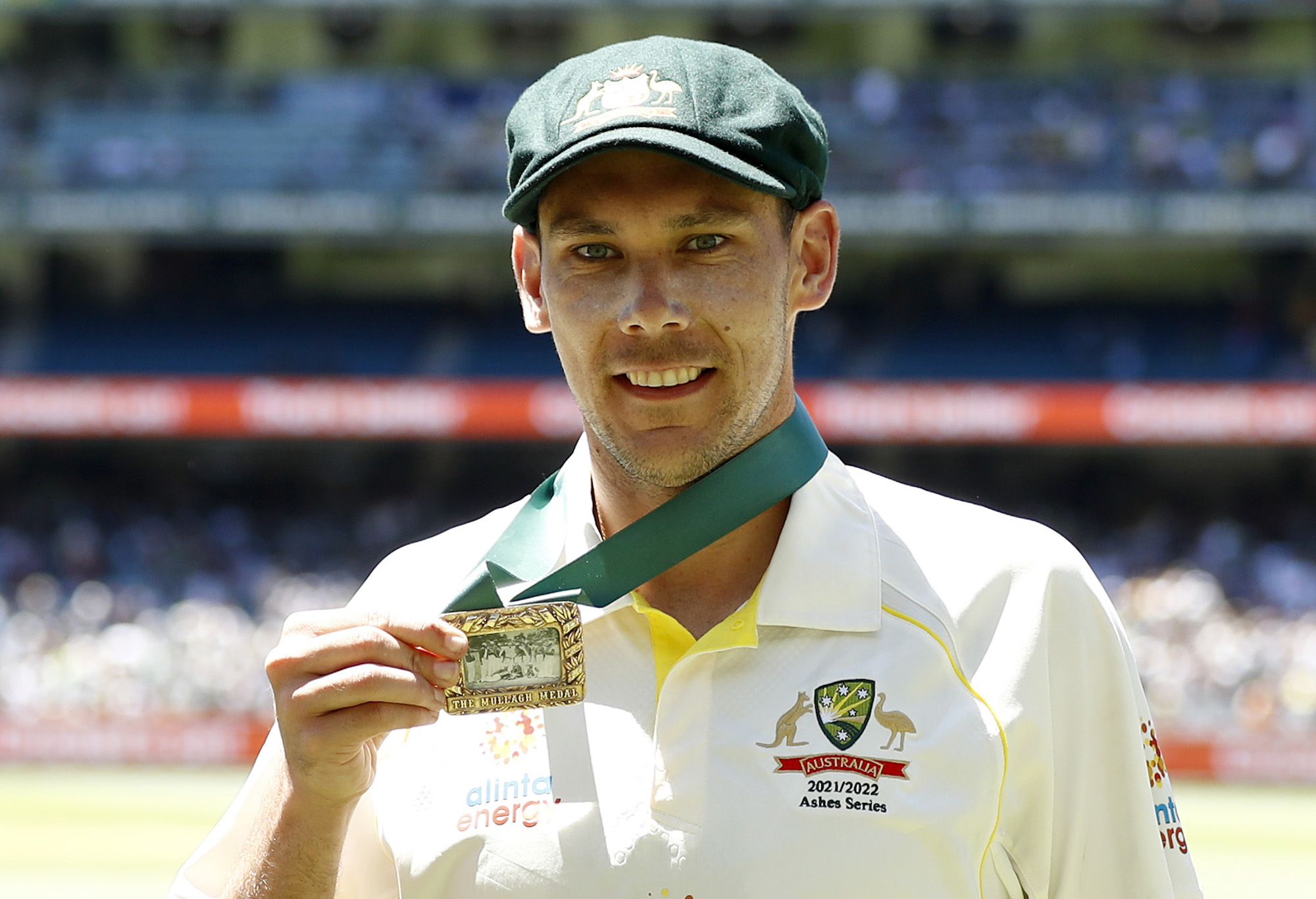Cricket can’t solve Australia Day conundrum – it’s not up to sports to make tough decisions for governments

The annual debate over whether Australia should play international cricket on January 26 is on again, one that is impossible for administrators to solve.
And it shouldn’t be up to them.
Cricket, like most sports in modern times, has embraced the concept of being inclusive as one of its key pillars.
Australia Day used to be a marquee date on the home calendar but now Cricket Australia is taking a low-key approach because of the divisive nature of the date and what it means for First Nations people as a day that commemorates the First Fleet of European settlers in 1788 arriving to take over their land.
Quite frankly, it shouldn’t be up to sporting administrators to decide whether the national public holiday should be held or whether the date should be changed.
It’s an important national conversation greater than anything that can ever happen on the sporting field.
The elected officials in government have the duty to enact change for the good of the nation, if that is what is best or what is demanded by the people who voted them into power.
As someone who detests the anachronistic logic behind this date being the designated national public holiday, it is tough to say anything in support of January 26 being Australia Day.
But that doesn’t mean cricket, or any other sport where Australia is being represented as a nation, should never again be played on that date.
The summer schedule is hard enough as it is for administrators to fit in the three formats at domestic level in the men’s and women’s cricket without blotting out a day in the middle of the season.
This year the date falls on day two of the Second Test between the Australian men’s team and the West Indies at the Gabba. If it was day four or five of the Test, then it is unlikely it would be a problem given the First Test in Adelaide last week was over before the end of the first session on day three.
It speaks volumes about the lack of prestige that this public holiday now holds that there will be little done to recognise it by CA in Brisbane.
Scott Boland in 2021 with the Johnny Mullagh Medal, named after the Indigenous cricket pioneer. (Photo by Darrian Traynor – CA/Cricket Australia via Getty Images)
Indigenous cricket stars past and present, including Scott Boland, Ash Gardner and Jason Gillespie, have spoken out about their unease over matches being played on January 26.
Cricket has not had a great relationship with Indigenous Australians compared with other sports.
Boland, Gardner and Gillespie are among a very small number of indigenous cricketers who have reached the elite level of the sport.
Compared to the football codes, athletics and boxing, cricket has lagged behind when it comes to Indigenous representation.
There was of course the Indigenous cricket team which went to England in 1868 to become the first Australian side to represent the yet to be federated nation. But that tour was more of an entrepreneurial exercise rather than a true representative side for a country that did not give its Indigenous people the right to vote or include them in the official population for nearly another century.
CA has been proactive in recent years in trying to lift participation rates at the grassroots level of Indigenous players, as well as people from cultures not traditionally associated with the sport while also tapping into the cricket-mad South Asian market.
Inclusivity can’t just be a buzzword, it has to be put into practice.
Ashleigh Gardner. (Photo by Stu Forster/Getty Images)
Which is another reason why CA is heading down the right path by not celebrating Australia Day in the current climate even though the decision will be derided as “woke culture” infiltrating sports from those with an axe to grind.
Unfortunately the Australia Day scheduling problem will persist into the future because cricket invariably will need to use pretty much every date each summer to cram in their BBL and WBBL, Marsh Cup, Women’s National Cricket League, Sheffield Shield and bevy of international fixtures.
Even though it may get heated and downright nasty at times, the silver lining to this debate is that Australia is having this debate.
The more the national conversation takes place, you would hope the groundswell of support for a national day that represents the entire nation, including the people who have been here for thousands – not hundreds – of years, will only gain further momentum.
